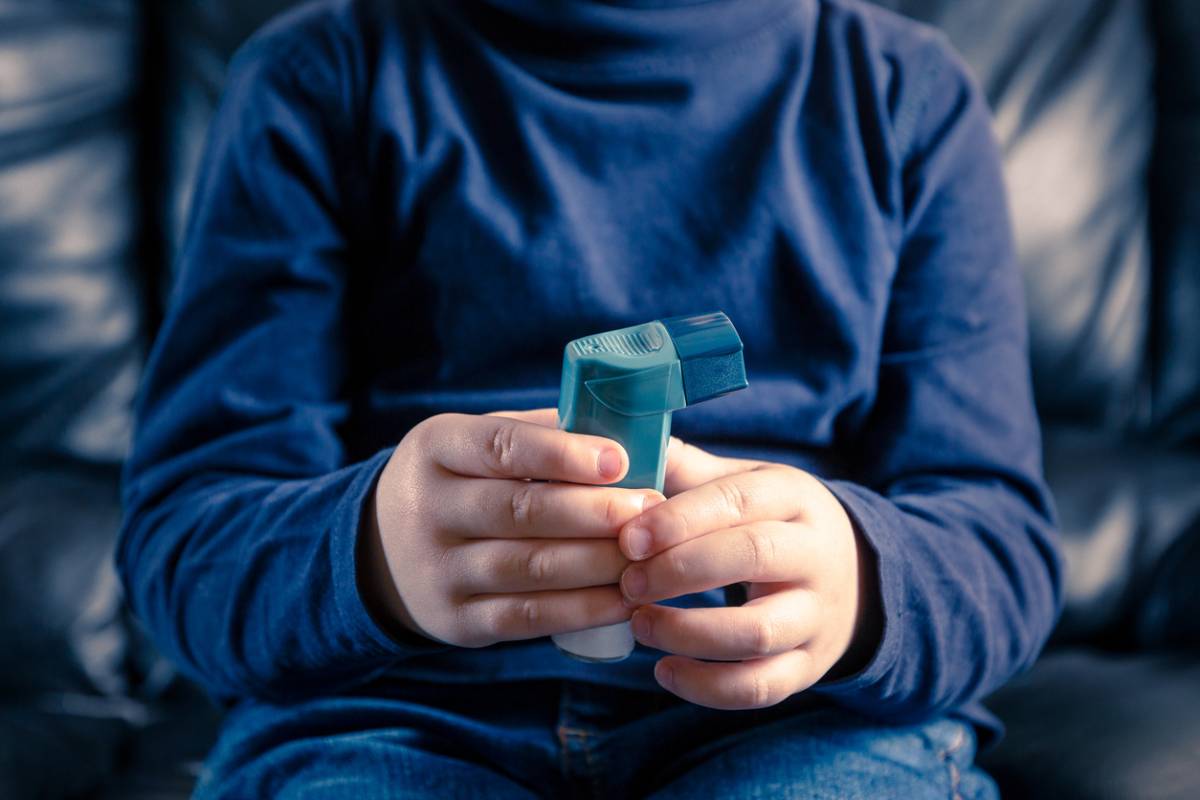Asthma affects roughly one in twelve children in the United States. This equates to roughly 6.2 million children under the age of 18 with the diagnosis. The inflammatory disease impacts the airways to your lungs which makes breathing difficult. The key to managing asthma is having an effective treatment plan. This includes potential medications and lifestyle changes that can allow children to successfully thrive in their daily lives. Due to the nature of children’s energy levels, childhood asthma and exercise need to be addressed with a medical professional. Talking with a pulmonologist can help delineate what sort of activities your child should and should not partake in if they have asthma.
Physical Activity and Children with Asthma
Because children have so much energy and enjoy being physically active, it’s vital to achieve a balance despite having an asthma diagnosis. However, respiratory symptoms during exercise can often be the first sign that a child has asthma. Things like coughing and chest tightness can impact a child during or after exercise. This often triggers a visit to the doctor as the symptoms are not congruent with a child who does not have respiratory issues.
With that in mind, once a child is diagnosed with asthma exercise can be a trigger. In fact, exercise is the second most common trigger of asthma, second only to viral respiratory infections. Exercise activities that provoke asthma symptoms often include distance running, soccer, and other high-intensity sports. Some mid-level activities can also trigger symptoms, such as cross-country skiing, paddling, cycling, figure skating, ice hockey, and dancing. This is because these types of activities require prolonged rapid breathing.
Exercising with Asthma
Because exercise is integral to a child’s social, emotional, and physical development, managing their asthma is important their overall well-being. It is also helpful in ensuring that your child does not suffer from issues such as childhood obesity which can be equally as harmful. With that, the first step in addressing your child’s asthma is by talking with a pulmonologist in New York. A pulmonologist can work with you and your child on a regimen that includes physical activity appropriate for your child’s unique needs. Your child’s pulmonologist may prescribe medication that helps with both the short- and long-term issues that accompany the condition.
Childhood Asthma and Exercise
Focusing on activities that do not require prolonged and rapid breathing is important. Activities such as yoga, leisure biking, baseball or softball, frisbee, and yoga are all good alternatives for those with asthma. Things like weight lifting and circuit training can also work, if taken at a very slow pace. Working on finding the right balance can help your child keep up with physical activity while minimizing any risk of an asthma attack.
If your child is young, this will require a lot of help from you. Maintain positivity and keep encouraging them to try new things as you find out what works. Your child should likely always carry an inhaler for emergencies that may occur when you aren’t around. It’s also advisable to ensure that they minimize the risk of flareups by avoiding exercising when it’s cold out or even when the pollen counts are high. Anything that could possibly exacerbate their symptoms in terms of external factors should remain avoided.
Asthma Doctor in NYC
If you think your child has asthma or if they have already been diagnosed, contact Dr. Shukla at the Asthma & Sleep Institute. He has over fifteen years of experience in addressing pulmonary and respiratory issues. He is a skilled pulmonologist that can provide your child with comprehensive pulmonary care. Contact the best asthma doctor in NYC today for an appointment!

